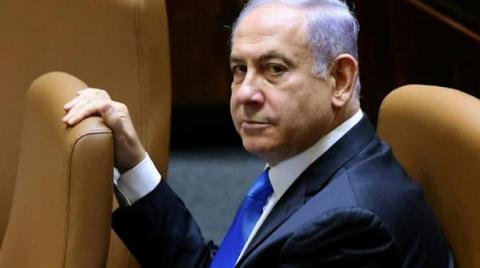
A Great British Railways will mean a simpler, more efficient system for the industry and passengers, the government has pledged – but job cuts and fare rises have not been ruled out as ministers said they would bear down on costs.
The transport secretary, Grant Shapps, said the changes announced in a white paper on Thursday would “make the railways easier to use by simplifying fares and ticketing, providing more convenient ways to pay … rail services will be better coordinated with each other and better integrated with other transport services”.
He said the changes would end the current fragmentation of rail and ensure accountability under a new unified brand. Great British Railways will be an arms-length public sector body with overall responsibility for both the track and trains. It will issue management contracts for private sector train operators, with incentives for punctuality and increasing passenger numbers.
As unions warned that Network Rail was set to axe thousands of jobs, Shapps denied that the review was designed to mask cuts in the industry.
Shapps pledged: “We will grow, not shrink, the network, continuing to invest tens of billions of pounds in new lines, trains, services and electrification.”
In the Commons, Labour’s shadow transport secretary, Jim McMahon, said: “There is concern that rather than increased investment, the real driver behind bringing track and trains under one group is at its heart a move to disguise painful cuts.”
Shapps insisted the shakeup was “not about disguising cuts of any type”.
However, the review, co-authored by Shapps and the former British Airways chairman Keith Williams, highlighted that costcutting would be expected. It claimed that efficiencies from the new structure, including eliminating the “misaligned incentives” between Network Rail and train operators, could save about £1.5bn a year. The future GBR would also “agree a clear target with government to bring down its overall costs [and] be held to account”.
With rail passenger numbers still only back to 39% of pre-Covid levels, jobs and salaries will be in the government’s sights. The pandemic has widened the gap between revenue and costs, the report said, adding: “Action is required now to close that gap” and bring rail into line with other sectors, including “new transparency requirements and reporting and analysis on productivity and pay”.
It warned that “change, leadership, better passenger service and greater efficiency have now become not merely desirable, but essential. Indeed, existential.”
Meanwhile, passengers can expect simpler fares and tickets, with GBR due to set most fares, under a framework agreed with ministers. The level of Treasury funding is likely to determine annual increases, it is understood.
Shapps did not rule out fare rises in interviews on Thursday. Asked by the BBC whether fares would have to rise above inflation, he said: “I’m not here to give guarantees for years to come.”
A single GBR website and app will also sell tickets and provide compensation.
The announcement led to a steep fall in the value of Trainline, a major online retailer of tickets in the UK, which saw its share price plunge by almost a third, eventually down 23% on the day.
GBR will continue to use the British Rail logo, although Shapps said it was “simplification not renationalisation”. GBR is expected to be operational in 2023, with Network Rail’s chief executive, Andrew Haines, in charge of “establishing interim arrangements” until then.
The SNP’s Gavin Newlands said there had been no discussion with Scotland over the proposals, which Shapps denied. The white paper says that the government “will explore options” with Transport Scotland and Transport for Wales to enable them to “benefit from the reforms”.
National rail contracts with First Group were signed off on Thursday for the South Western Railway and TransPennine Express routes, replacing the emergency agreements with First Group. The operators will earn a fixed fee of almost £5m a year (with partner MTR) on South Western, with a potential £14m bonus, and £2.3m on TPE with a £5.2m maximum bonus.
Details of flexible tickets aimed at commuters travelling two or three days a week will be launched next month, although it appeared that advertised potential savings – roughly 10% if all journeys were taken at peak time – were not comparable to those of a full-time annual season ticket.











